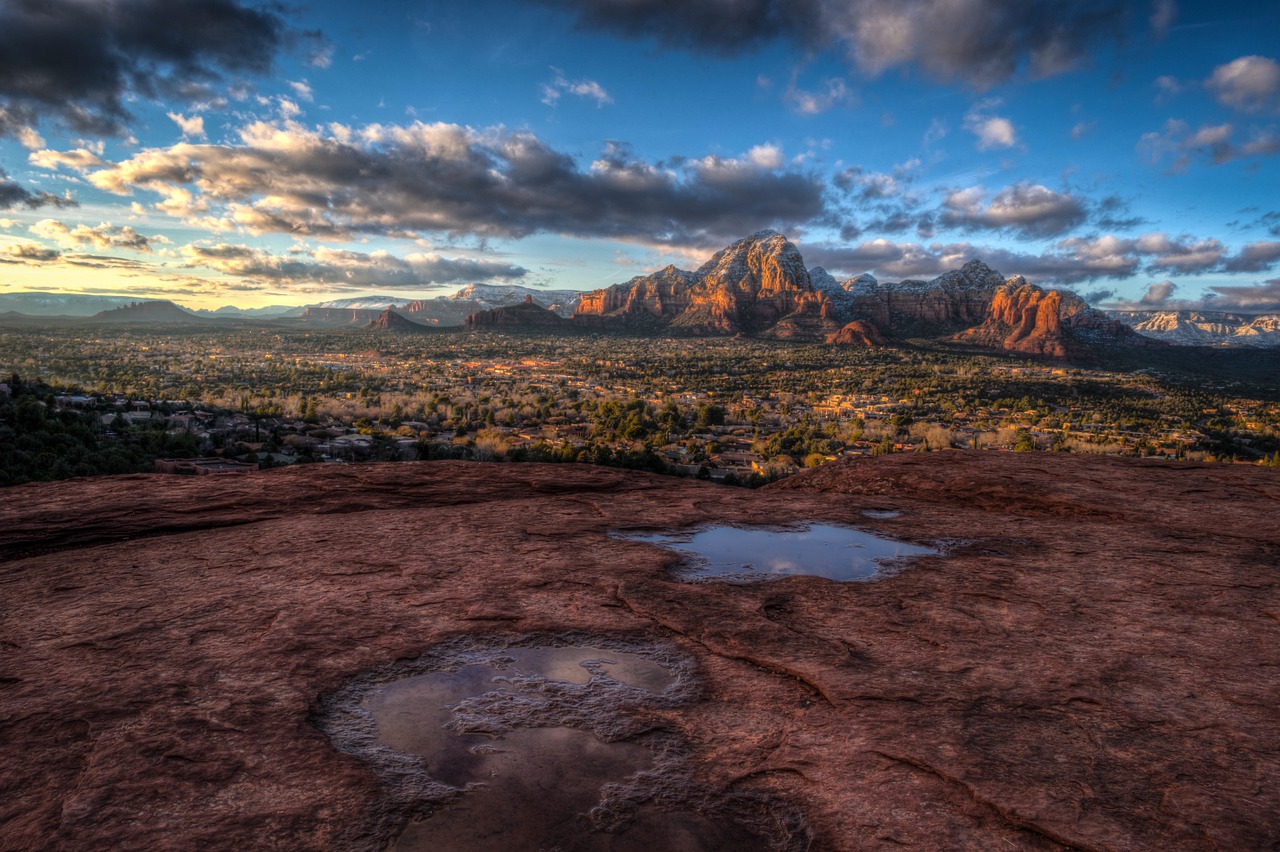This article originally appeared in Common Dreams
Editor’s note: Althought this is mostly symbolic, it is a good symbol to use. Much like Free, Prior and Informed Constent is for Indigenious People.
“Today’s historic decision is the culmination of over 40 years of efforts to recognize the right to a safe, clean, healthy, and sustainable environment,” said Sébastien Duyck, senior attorney at the Center for International Environmental Law.
“A victory for every person across the world over profiteering polluters.”
By JAKE JOHNSON
The United Nations Human Rights Council on Friday voted for the first time to formally recognize the right to a clean and sustainable environment, a move that climate campaigners applauded as the hard-won result of activism from grassroots groups and small-island countries.
“Today’s historic decision is the culmination of over 40 years of efforts to recognize the right to a safe, clean, healthy, and sustainable environment,” Sébastien Duyck, senior attorney at the Center for International Environmental Law (CIEL), said in a statement.
“Even though the vast majority of the world recognizes this right, until this afternoon, universal recognition remained elusive,” Duyck added. “Now, thanks to the leadership of a core group of countries including Costa Rica, the Maldives, Morocco, Slovenia, and Switzerland, the right is recognized at the United Nations. This new recognition will serve as a catalyst for institutions and other stakeholders to take steps that better respect, protect, and fulfill the right. It includes, but is not limited to the mobilizing of resources and political will.”
The clean environment resolution passed by a vote 43-0 with China, India, Japan, and Russia abstaining. The United States reportedly opposed the resolution but didn’t have a vote because it’s not currently a member of the U.N. Human Rights Council, thanks to former President Donald Trump’s withdrawal from the body in 2018.
#HRC48 | Resolution A/HRC/48/L.23 Rev.1 on the human right to a safe, clean, healthy and sustainable environment was ADOPTED.
▶https://t.co/QWjXx5H4gf pic.twitter.com/HdJxoeKflV
— UN Human Rights Council (@UN_HRC) October 8, 2021
As Reuters reported earlier this week, the U.S. and the United Kingdom—the host of the upcoming COP26 climate summit in Glasgow—were “among a few countries withholding support for a proposal brought at the United Nations that would recognize access to a safe and healthy environment as a human right, prompting criticism that they are undermining their own pledges.”
While the U.K. ultimately voted yes, the nation’s human rights representative complained that the resolution could create “ambiguity” and stressed that the newly approved measure is “not legally binding.”
The resolution states that “the impact of climate change, the unsustainable management and use of natural resources, the pollution of air, land, and water, the unsound management of chemicals and waste, the resulting loss of biodiversity, and the decline in services provided by ecosystems interfere with the enjoyment of a safe, clean, healthy, and sustainable environment, and that environmental damage has negative implications, both direct and indirect, for the effective enjoyment of all human rights.”
To ensure that the right to a safe, clean, healthy, and sustainable environment is secured for people around the world, the resolution encourages countries to build “synergies between the protection of human rights and the protection of the environment, bearing in mind an integrated and multisectoral approach and considering that efforts to protect the environment must fully respect other human rights obligations, including those related to gender equality.”
The document also urges world leaders to “adopt policies for the enjoyment of the right to a safe, clean, healthy, and sustainable environment as appropriate, including with respect to biodiversity and ecosystems.”
Jennifer Morgan, executive director of Greenpeace International, said in a statement that the U.N. Human Rights Council’s vote Friday is “a victory for every person across the world over profiteering polluters” that “will supercharge people-powered efforts to hold governments and corporations accountable for the climate and biodiversity crises.”
“For too long,” Morgan added, “communities around the world had been demanding that this right, enshrined in many national laws and constitutions, be protected globally.”


This is nothing but another case of the U.N. patting itself on the back — the equivalent of a resolution affirming that it’s good to feel good, puppies are cute, and it would be nice if we all loved each other.
Nothing is required, nothing was promised, and nothing changed. Industrial humanity continues to spew 36 billion tons of filth into the air every year, while dumping 9 million tons of plastic into the oceans, destroying a forest the size of Panama, and creating a wasteland the size of Pennsylvania.
The really important thing is that we have jobs and economic growth, which is the central cause of industrial humanity.
All is well.
Adding to Mark’s 100% spot on comment: Most people, including even some politicians, don’t understand a very basic aspect of politics: it’s all about PRIORITIES. Saying that people have a right to a “clean and sustainable” environment (whatever that means, BTW, very ambiguous wording) is absolutely meaningless unless that right is given priority over things like money, business, and individual rights. Only a psychopath wouldn’t want a clean environment, the issue is whether it’s prioritized.